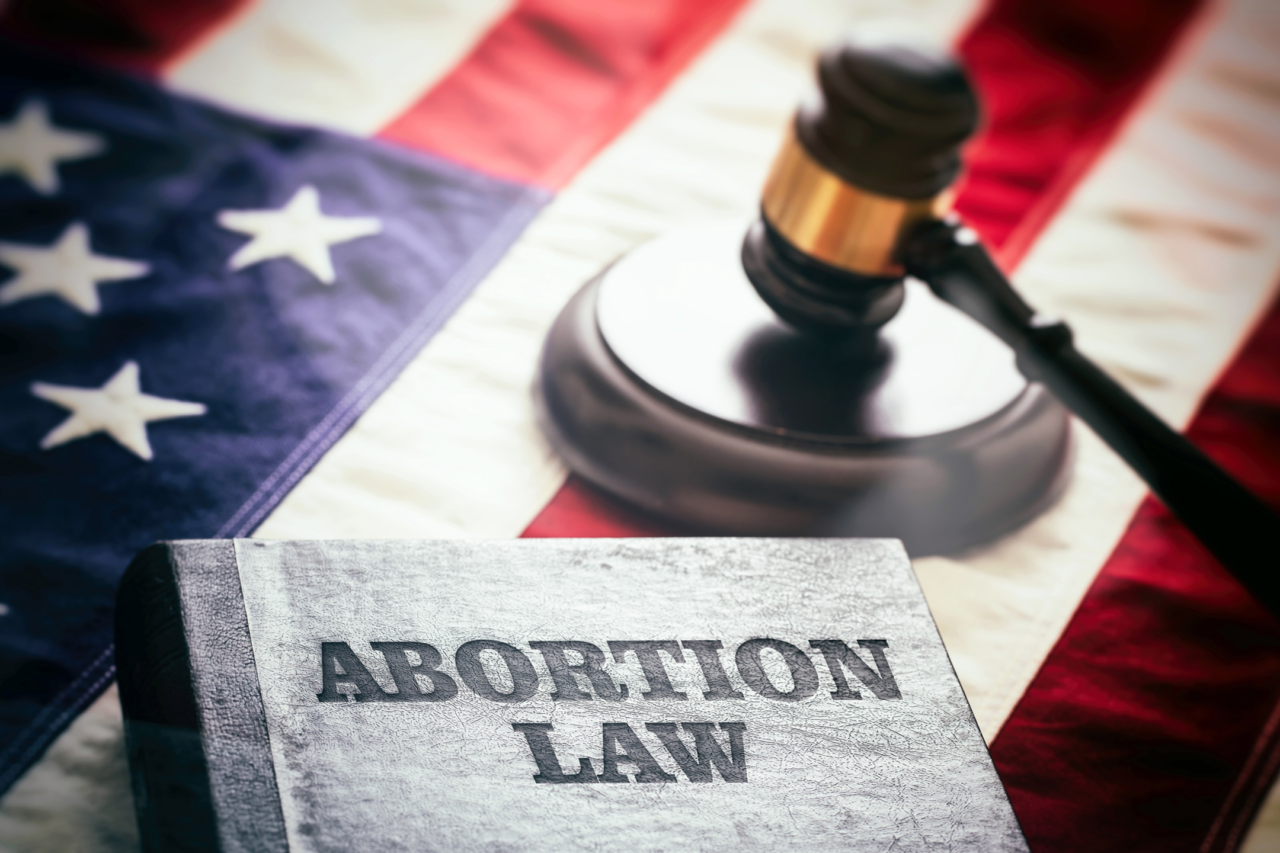 BY Rossanna J. Howard and Beth Anne Jackson, Brown & Fortunato
BY Rossanna J. Howard and Beth Anne Jackson, Brown & Fortunato
On July 11, 2022, the Department of Health and Human Services (HHS) and its Secretary, Xavier Becerra, issued a general guidance memo titled “Reinforcement of EMTALA Obligations specific to Patients who are Pregnant or are Experiencing Pregnancy Loss” and a separate letter to health care providers addressing their obligations under the Emergency Medical Treatment and Active Labor Act (EMTALA), collectively referred to here as “Guidance.” The purpose, according to the Guidance, was to remind health care providers about the requirements of EMTALA, including appropriate medical screening, stabilizing treatment, and transfer as necessary, “irrespective of any state laws or mandates that apply to specific procedures.” The Guidance goes on to address abortion specifically, stating  that if the procedure is necessary to stabilize an emergency medical condition of the patient, then it must be provided, and if state law prohibits abortion and does not include exceptions for the life and health of the pregnant person, or otherwise conflicts with EMTALA, the federal law must be followed.
that if the procedure is necessary to stabilize an emergency medical condition of the patient, then it must be provided, and if state law prohibits abortion and does not include exceptions for the life and health of the pregnant person, or otherwise conflicts with EMTALA, the federal law must be followed.
On July 14, 2022, the Texas Attorney General filed suit against HHS and Secretary Becerra, arguing that the Guidance impermissibly exceeds EMTALA and precludes the State from enforcing its laws regarding abortions. The Attorney General was joined in the suit by two professional organizations, the American Association of Pro-Life Obstetricians and Gynecologists (AAPLOG) and the Christian Medical & Dental Associations (CMDA). Together, these parties asked the court to issue an injunction to prevent HHS from enforcing EMTALA in accordance with the Guidance. The Texas court ultimately granted a preliminary injunction against HHS and Secretary Becerra, preventing them from enforcing the Guidance against the State of Texas, members of AAPLOG, and members of CMDA. Both AAPLOG and CMDA have members nationwide, and this preliminary injunction applies to all of them as members of these organizations. The court declined to issue a nationwide injunction based on previous precedence set by the Fifth Circuit Court of Appeals, whose jurisdiction includes Texas.
In determining that the injunction was appropriate, the court analyzed the language of the Guidance, the language of EMTALA, and Texas’ Human Life Protection Act (“HLPA”). It focused on specific statements in the Guidance, including the following: “[i]f a physician believes that a pregnant woman presenting at an emergency department is experiencing an emergency medical condition as defined by EMTALA, and that abortion is the stabilizing treatment necessary to resolve that condition, the physician must provide that treatment.” The state took particular offense to this use of “must” in the Guidance, interpreting it as a mandate to perform abortions in all cases where a pregnant woman presents to an emergency room and meets the EMTALA definition of an “emergency medical condition.” Such a mandate would conflict with the HLPA, which only permits abortions where there is a risk of death to the mother. In contrast, the EMTALA definition is broader and includes any condition that “may pose a threat to the health or safety of the woman or the unborn child.”
The court went on to state that the Guidance went impermissibly far in its language, indicating that the Guidance’s reference to using EMTALA as a defense against state enforcement actions and placing compliance with EMTALA above any state law that conflicts with its requirements interferes with Texas’ sovereign interests to enforce its state laws. The court commented that these efforts were “analogous to pressure to change state law.” The court further stated the Guidance “constitutes federal interference with the enforcement of state law.” The court also found that AAPLOG and CMDA suffered injury by association since the Guidance threatens both organizations’ core purposes and beliefs of their members with potential sanctions for non-compliance with EMTALA, like civil monetary penalties and exclusion from federal health care programs.
The court timed the injunction with the effective date of the HLPA, which went into effect on August 25, 2022. The HLPA is a law that prohibits abortion except in cases of a “life-threatening physical condition aggravated by, caused by, or arising from a pregnancy” that poses a risk of death or serious risk of “substantial impairment” of a major bodily function. Further, the provider performing the abortion must do so in a manner that “provides the best opportunity for the unborn child to survive” unless it would create a greater risk of the female’s death or serious risk of a major bodily function.
There are almost certainly additional legal challenges to be made in the future with respect to state abortion laws and federal enforcement of EMTALA and other healthcare laws. Currently, however, the HLPA is in effect and the temporary injunction prevents HHS from enforcing the Guidance against any providers in the State of Texas or against any members of AAPLOG and CMDA na


